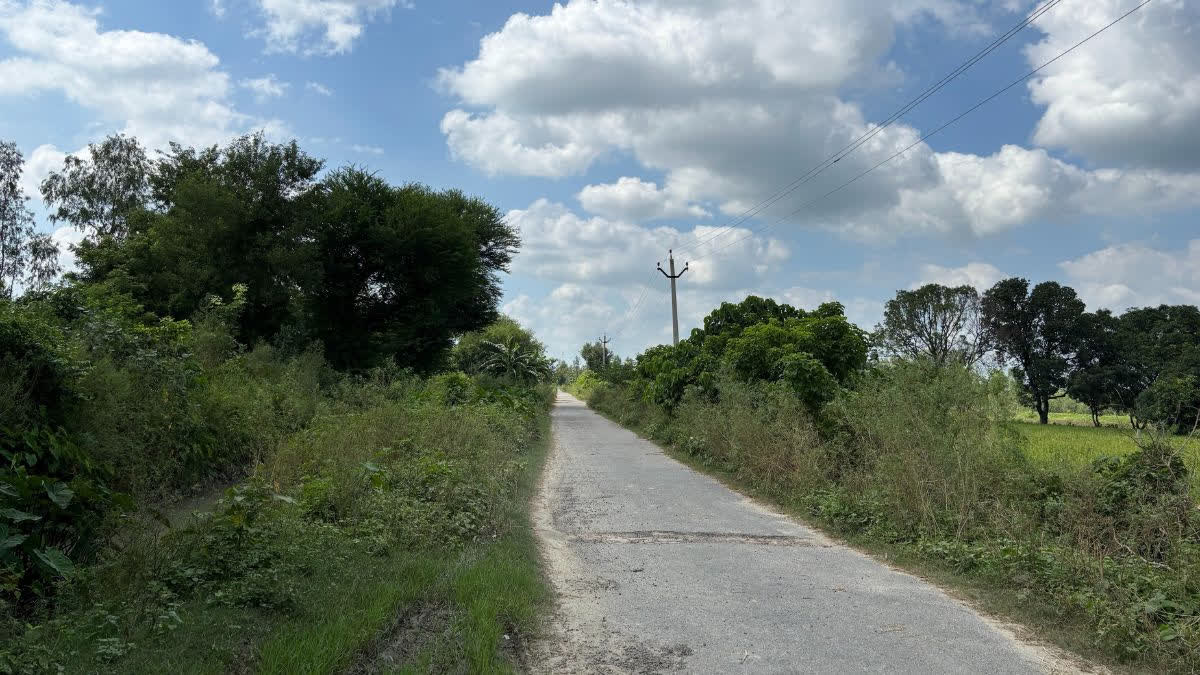Hyderabad: Plants are reportedly absorbing about 31 per cent more carbon dioxide than previously thought. The new assessment, detailed in the journal Nature, is expected to improve Earth system simulations used by scientists to predict the future climate.
Terrestrial Gross Primary Production (GPP) is the amount of CO2 removed from the atmosphere by land plants through photosynthesis, representing the largest carbon exchange between land and atmosphere. A recent study led by Cornell University, supported by Oak Ridge National Laboratory, estimates GPP at 157 petagrams of carbon per year, significantly higher than the previous estimate of 120 petagrams from 40 years ago.
Researchers have developed a model to track carbonyl sulfide (OCS) movement into leaf chloroplasts, using it as a proxy to measure photosynthesis. OCS follows a similar path as CO2 and is easier to track, making it a reliable indicator for estimating global photosynthetic activity and Gross Primary Production (GPP) over large scales and long periods.
The research team used diverse plant data, including from the LeafWeb database, to develop their model. They verified the model with high-resolution data from environmental monitoring towers. A key aspect of the new estimate is a better understanding of mesophyll diffusion, which is crucial for assessing photosynthesis efficiency and plant adaptation to changing environments.
Accurate estimates of Gross Primary Production (GPP) are crucial for predicting future CO2 levels and climate impacts. Researchers, including Peter Thornton and Lianhong Gu from ORNL, emphasise the importance of mesophyll conductance in photosynthesis models. Their findings suggest that rainforests are more significant carbon sinks than previously thought, highlighting the need for reliable global-scale observations to improve climate predictions.



